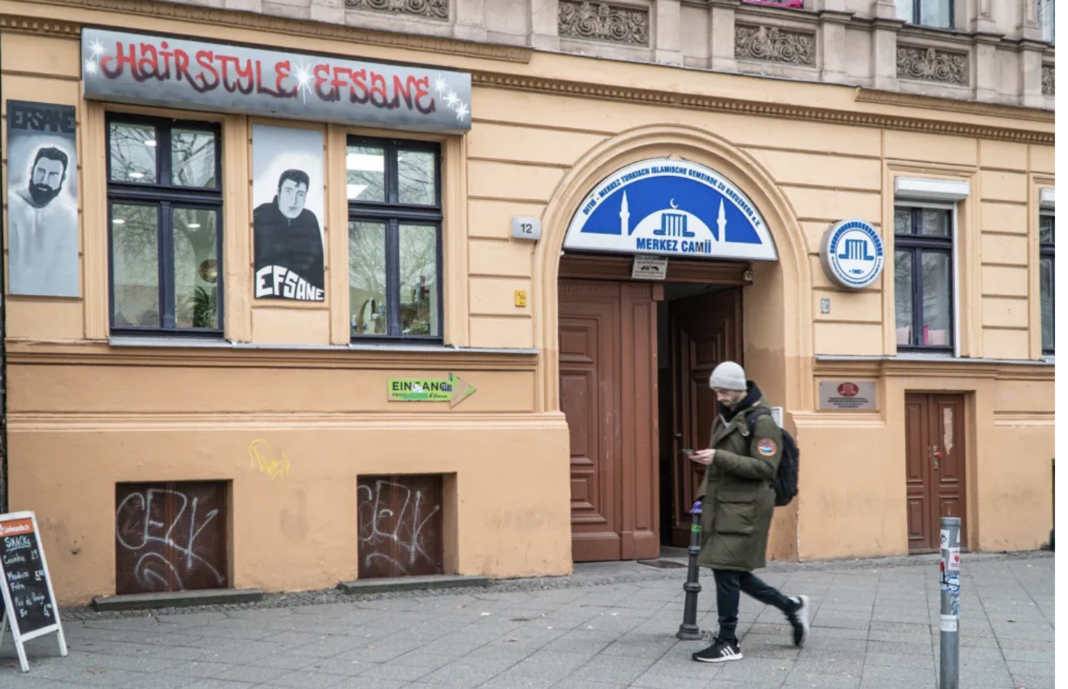Turkey Recap, March 5, 2024 by Leo Kendrick and Wouter Massink
BERLIN – In December 2023, German Interior Min. Nancy Faeser announced the phasing out of a decades-long practice that had sent Turkish-trained imams to serve Germany’s Muslim community.
“We need clerics who speak our language, know our country, and stand up for our values,” she said while introducing a new arrangement that would have a domestic imam training program gradually replace the deployment of foreign clerics.
At the same time, imams currently dispatched in Germany will be placed under the responsibility of the German-based Turkish-Islamic Union for Religious Affairs (DİTİB).
While the transfer of religious responsibilities remains opaque and the mid-term funding for domestic imams remains uncertain, these changes are part of Germany’s efforts to integrate Muslim identity into its social fabric amid increased wariness of Ankara’s sway on diaspora communities.
Currently, the Directorate of Religious Affairs in Turkey, known as Diyanet, manages the employment, training and salaries of around 1,000 imams in Germany, approximately 40 percent of all imams in the country. These Turkish-trained imams work in 900 out of 2,800 mosque communities throughout Germany.
Established in 1924, Diyanet was set up “to maintain control over the religious sphere of Islam.” Since its establishment in the 1980s, Diyanet has overseen its German branch, DİTİB – also Germany’s most prominent mosque holder.
According to Lars Harmsen, a spokesperson for Germany’s Ministry of Interior (BMI), DİTİB is currently the sole Islamic umbrella group in Germany with a staff that is financed and sent almost exclusively from abroad.
DİTİB’s close ties with the Turkish state have often sparked allegations of the organization being a tool for Pres. Recep Tayyip Erdoğan to influence the German-Turkish community, however, DİTİB maintains it operates with political neutrality.

